Description
Thoughts on Death and Immortality is an outright denial of the Christian belief in personal immortality, a plea for recognition of the inexhaustible quality of the single life we have, and a satirical attack on the attitudes and hypocrisy of professional theologians in 19th-century Germany. The editor of the work claimed to have had a difficult time persuading the author to allow its publication; the author’s reservations were also justified, for the outrage it provoked had become a major obstacle to Ludwig Feuerbach’s attempts to obtain a professorship at a German university. Nevertheless, he did not find this exclusion particularly tragic. He had already been teaching as a lecturer at the University of Erlangen for two years when the book appeared, and during this time his contempt was directed as much at the world of the professional scholar as at that of the theologian: “Three things I do not like to be: an old fortune-teller, a meager clerk/in the academy, and finally, a pious man” (p. 205). However, this book is much more than a denial of a particular Christian belief, a belief that the French Enlightenment had just attacked in the preceding century. Published in 1830, it was the first public outcome of an internal dialogue Feuerbach had to conduct throughout much of his career with leading figures of the Western philosophical tradition…

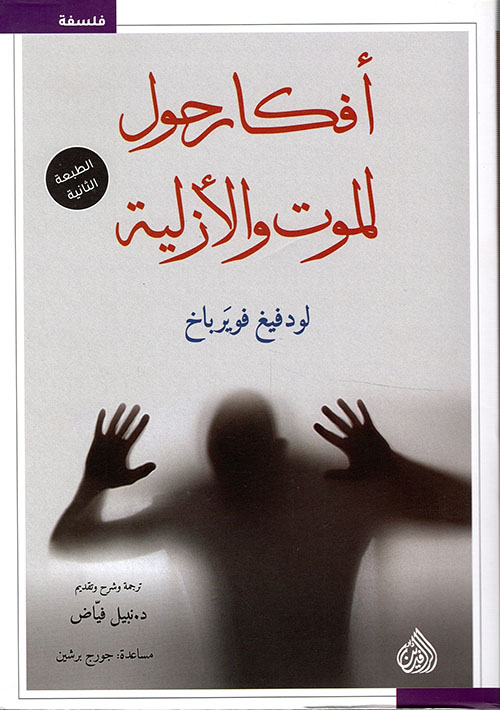

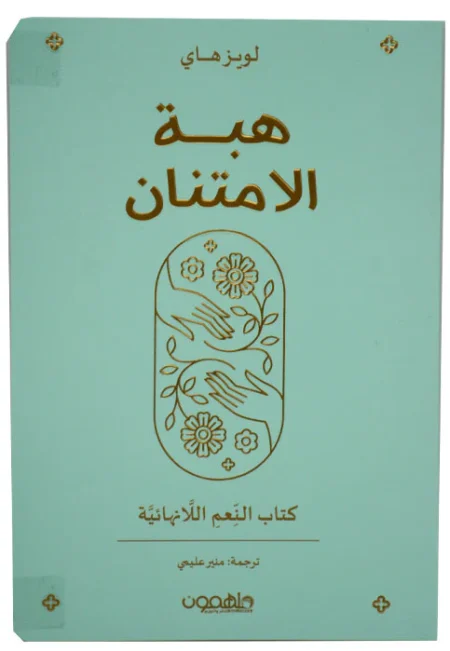
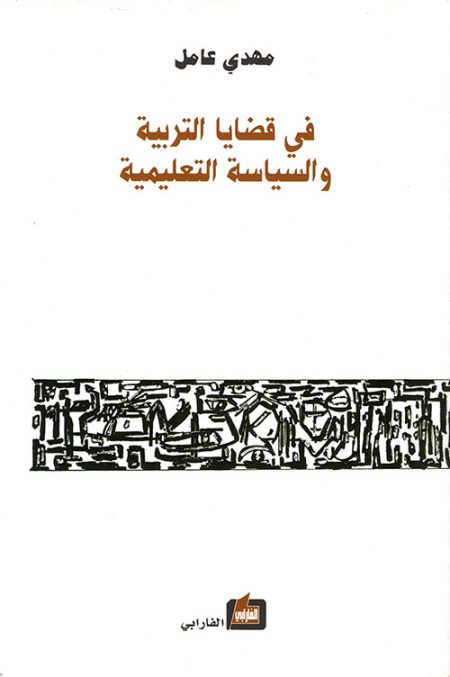
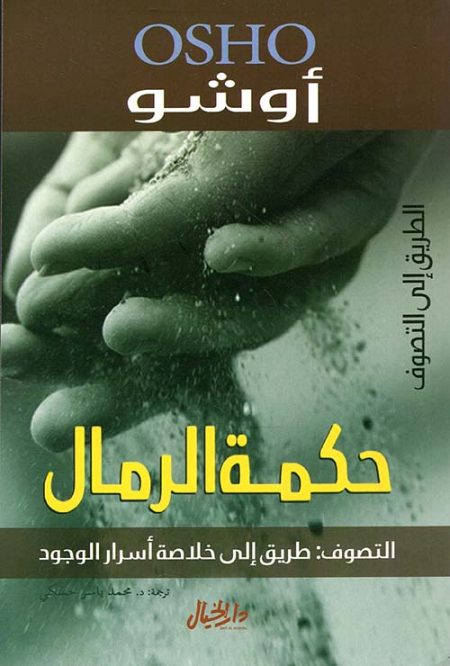

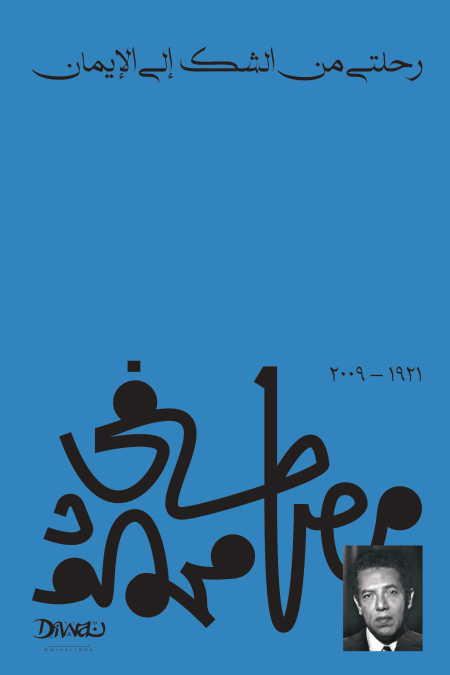
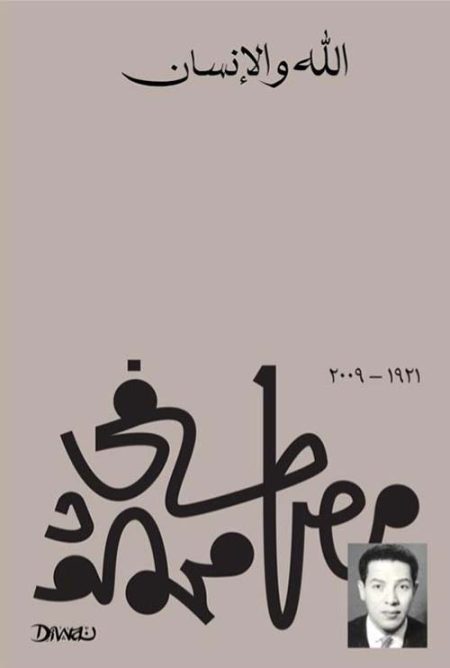


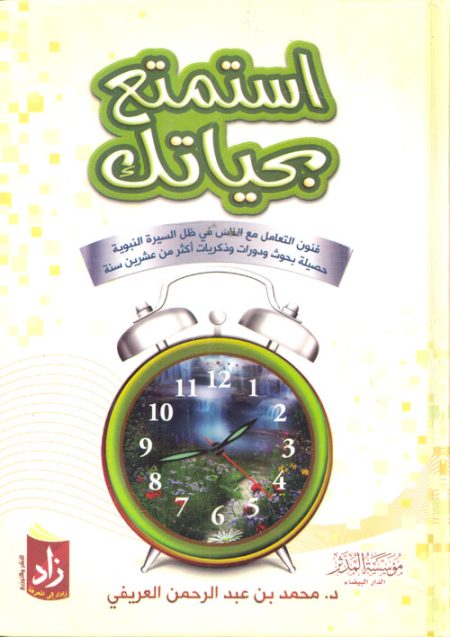



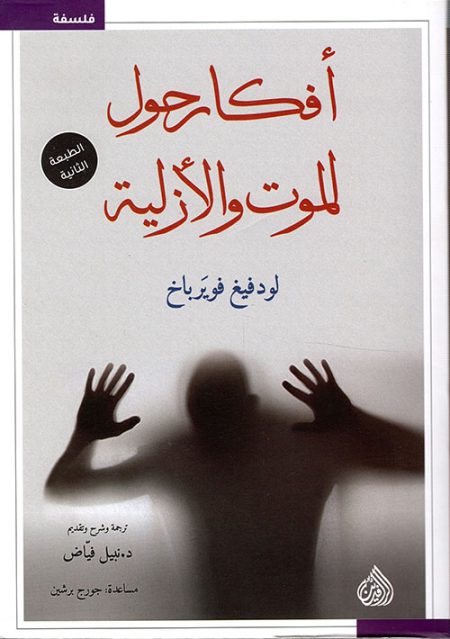
Reviews
There are no reviews yet.